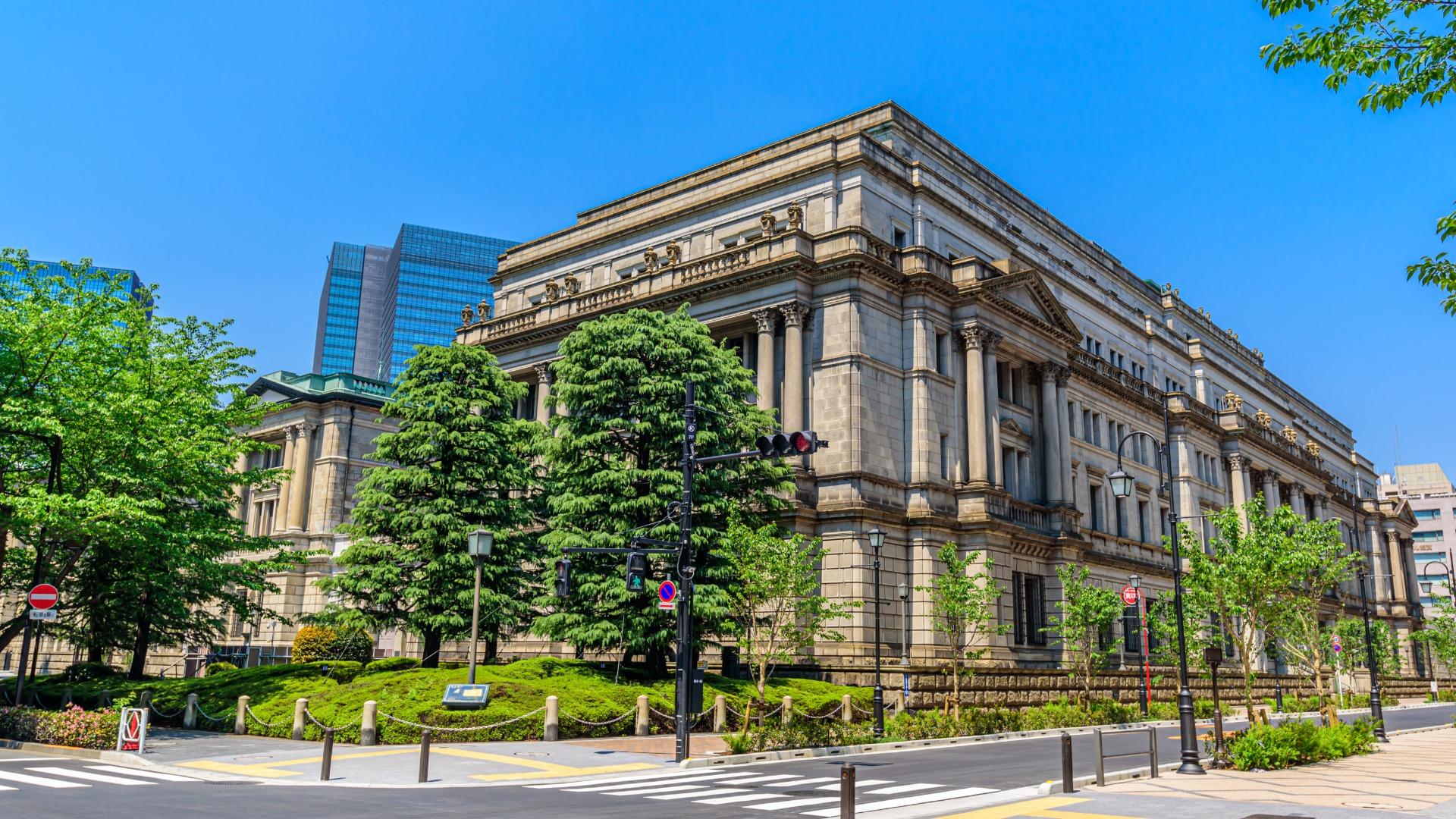The article discusses the change apparent within the editorial stance towards the Bank of Japan's interest rate hike, indicating a support for the economic decision. The article examines the impact of this decision on the country's broader economic landscape and the implications it may have on the financial markets. It also delves into the influence of this stance on society, particularly on business investments and consumers' purchasing power.
Monetary policy changes in Japan are deeply intertwined with economic wellbeing, public perception, and market stability. The interest rate hike by the Bank of Japan has the potential to greatly influence economic growth, inflation, and exchange rates. It not only has a direct impact on businesses and investors, but also affects everyday citizens by altering borrowing costs and purchasing power.
Similar to the US or EU, interest rate decisions in Japan can have profound implications on its economy. However, compared to the more open discussion in the US or EU, monetary policy decisions in Japan are typically shrouded with more nuanced expressions in the media, especially in popular editorials, and are deeply embedded with cultural and social understandings of economic stability.

